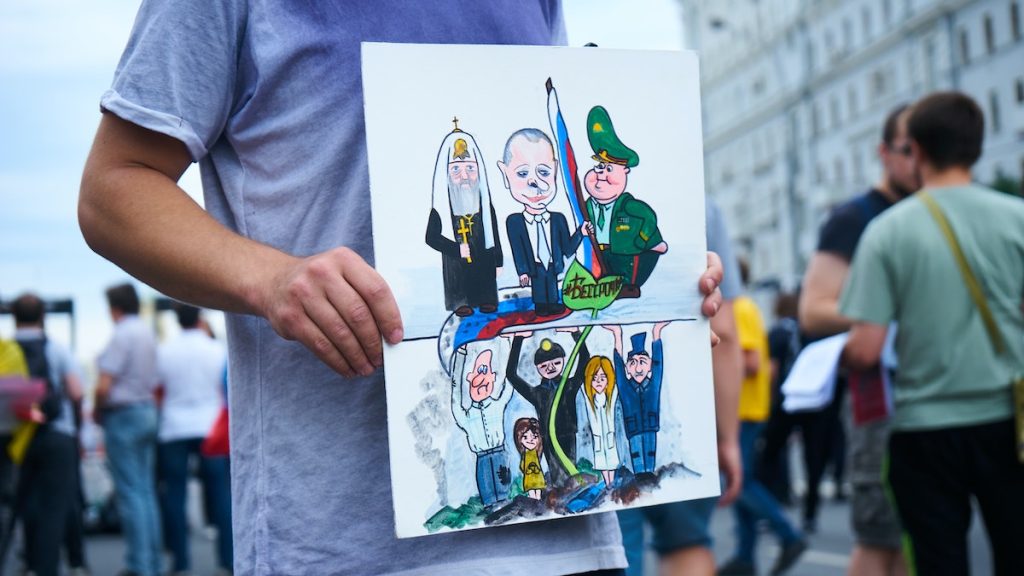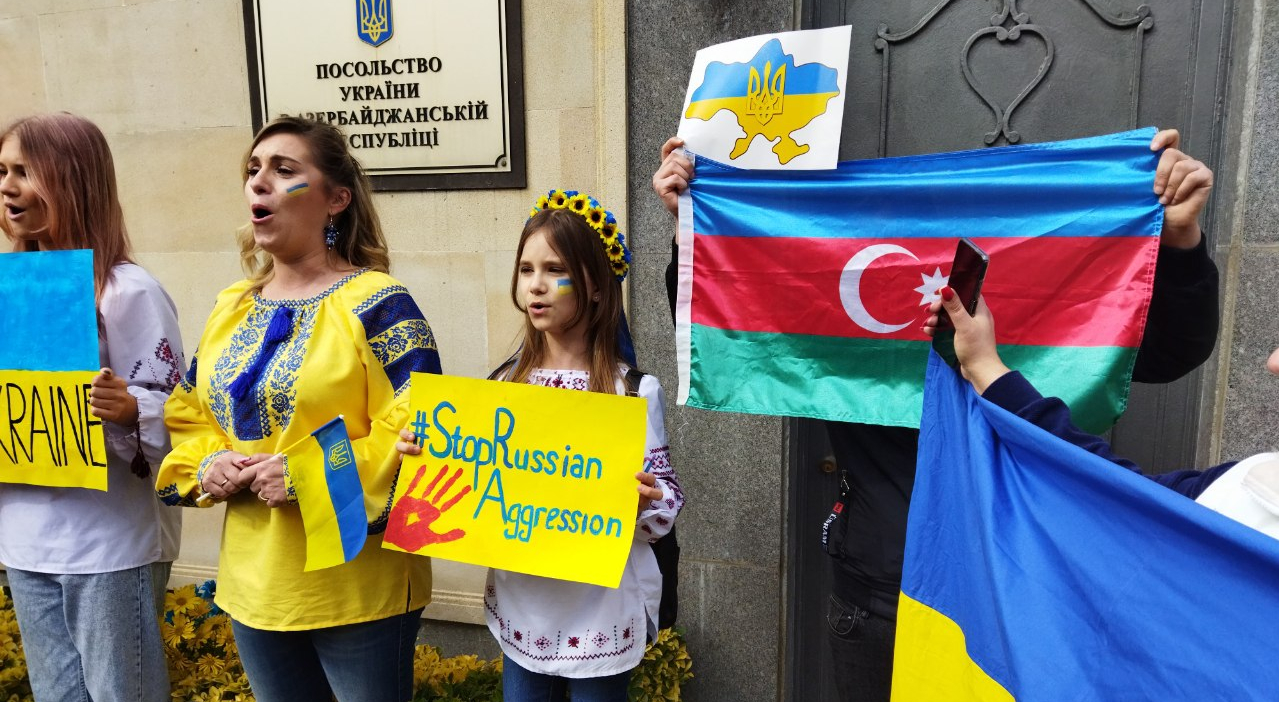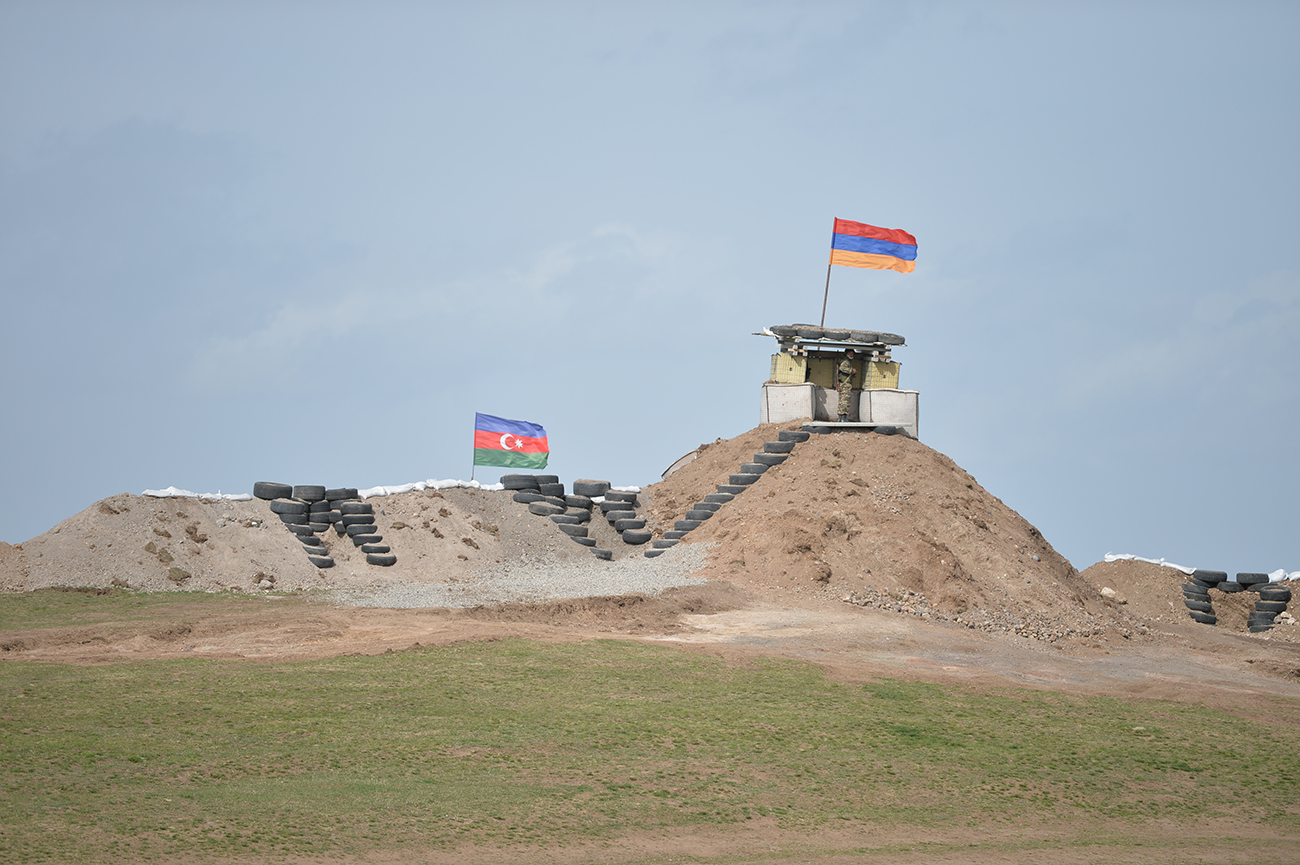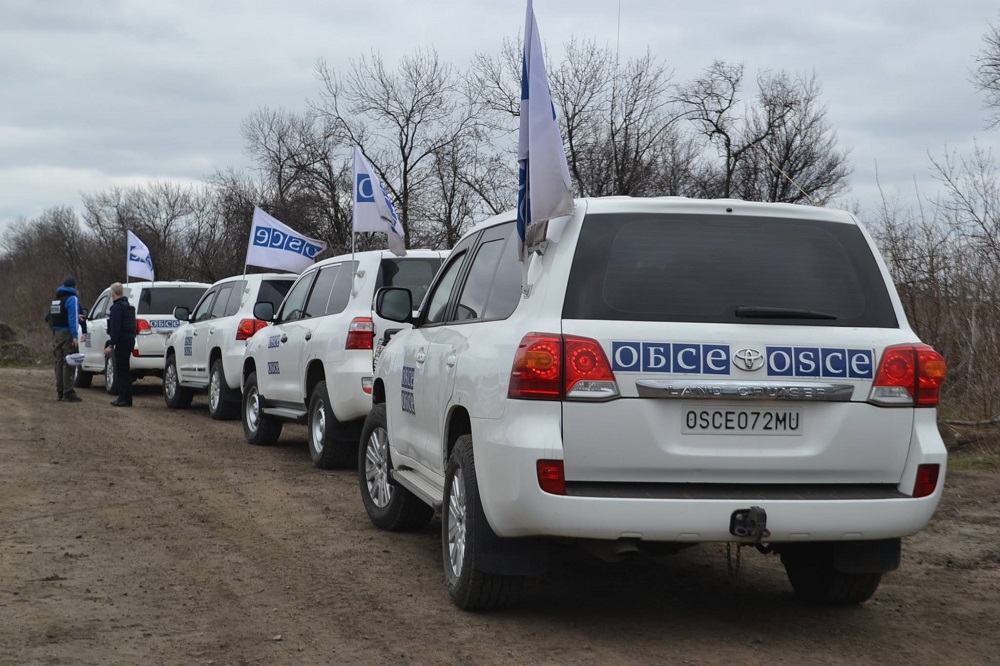Op-ed: Сan Moscow lose its influence on Armenia and Azerbaijan amid Ukraine war?
Political scientist Kirill Krivosheev’s analysis of Russia‘s influence on Armenia and Azerbaijan for the Republic media outlet.
Recently, the idea that Russia’s protracted involvement in the Ukrainian conflict makes it lose influence in other parts of the post-Soviet space, is gaining popularity.
According to supporters of this notion, the South Caucasus, where, in the fall of 2020, with the active participation of Russia, the second Karabakh war was ended, maybe the first to get out of Moscow’s control.
The recent aggravation in this region has encouraged Kyiv, as it made it possible to point at Moscow’s weakness.
“Things are really happening there. Turkish Bayraktar drones are not only destroying orcs (Russian army) in our territory, they also did a good job in Nagorno-Karabakh”, head of the National Security Service of Ukraine Dmitry Danilov said on February 27.
He also said that “Armenia’s reliance on Russian military assistance will not be justified, because all the forces that Russia has, it is forced to transfer near Kyiv.”
Russia’s military operation in Ukraine coincided with a serious escalation in the Nagorno-Karabakh zone. Having advanced to the village of Farrukh (Armenian Parukh), the Azerbaijani military used Bayraktar – not against Russian peacekeepers, but against Armenians, and ended up killing several servicemen.
Yerevan reacted with outrage to Danilov’s words. It turned out that he openly rejoiced at the death of Armenian soldiers and the vulnerable position of Armenia.
But first, let’s talk about the relations between Moscow and Baku, as there really was a scandal between them.

Moscow stated that the Azerbaijani soldiers had no right to enter the village at all since it was (and is) located “in the zone of responsibility of the Russian peacekeeping contingent”.
Baku retorted that Azerbaijani troops were operating on their sovereign territory, and if Russian peacekeepers did not fulfill their obligations to disarm the Armenians of Karabakh, then this would be done using such harsh methods.
But in order to argue that such harshness is a direct consequence of Russia’s actions in Ukraine, one must first answer two questions:
1) Did Baku use accusatory rhetoric against Moscow before?
2) Is there a stable negative trend in relations between Russia and Azerbaijan?
- ‘Triarchy’ in Karabakh? Conflicting reports from Armenian, Russian, Azerbaijani state agencies
- Armenia-Azerbaijan meeting in Brussels: what Baku and Yerevan managed to achieve?
- “No bulletproof vests and equipment” – soldiers from South Ossetia refuse to fight in Ukraine
Baku and Moscow – timeline of tensions
When Armenian Prime Minister Nikol Pashinyan announced early elections in June 2021 and eventually won them, a not-so-pleasant story about Iskander missiles surfaced.
Pashinyan stated that they were used during the 2020 war, but they “didn’t explode or exploded only by 10%”.
At the same time, there were no documented cases of Iskander shelling of Azerbaijani territories – the Armenian army mainly used Tochka-U and Elbrus.
But then the Azerbaijani sappers still found the wreckage of the Iskander near Shusha. And it turned out that it was, indeed, Iskander-M, and not Iskander-E.
“E” stands for the export version, which has a shorter range and can be sold to third countries. In turn, “M” is subject to restrictions and should only be used by the Russian army.
“We want an answer to the question of how this deadly weapon fell into the hands of the Armenians”, Ilham Aliyev said during the opening of the War Trophy Park in Baku.
Then the article by the author of the Russian Kommersant Ivan Safronov, who is currently serving a prison term in Russia on suspicion of treason, surfaced.
It says, citing a source, that in 2016 Moscow was in a hurry to compensate for the imbalance in the potentials of Armenia and Azerbaijan. There was no time to create an export version of the missile, so Russia transferred “a division of Iskander-M tactical complexes with 9M723 missiles”.
Safronov’s interlocutor admitted that this de jure violates the treaty on the proliferation of missile technologies.
The story with the Iskanders has died down. But the fact remains that even before the start of the military operation in Ukraine, Azerbaijan allowed itself to use very harsh rhetoric against Russia.
After that, in 2021, outbursts of anger over the actions or inaction of Russian peacekeepers occurred in Baku many times.
For example, they did not prevent Iranian fuel trucks from entering Karabakh, although from Baku’s point of view, this simultaneously violates customs legislation and can be regarded as supplying fuel to Armenian armed forces.
Then there was a story when an Armenian resident threw a grenade at the Azerbaijani servicemen at the checkpoint. Baku was very angry that the Russian peacekeepers handed him over not to the Azerbaijani authorities, but to the authorities of the unrecognized Nagorno-Karabakh Republic.
But is it possible to talk about the deterioration of relations between Baku and Moscow? The trend toward the worsening of relations between Moscow and Baku cannot be proved. On April 4, the countries celebrated the 30th anniversary of diplomatic relations, the Foreign Ministries made quite benevolent statements.
In fact, there only evidence of this is that Azerbaijan really sympathizes with Ukraine – both at the level of Azerbaijani society, media, and the level of elites. The reasons for this are understandable.
In the confrontation between two political concepts – the principle of the people’s right to self-determination and the principle of territorial integrity – Baku and Kyiv are clearly on the same page. Both countries have lost part of their internationally recognized territory and are ready to do anything to get it back.
Azerbaijani media send their correspondents not to the Donbas, which is partially controlled by pro-Russian separatists, but to Kyiv and Lviv.
Russian Ambassador to Azerbaijan Mikhail Bocharnikov has recently criticized Baku journalists for “outrageous anti-Russian hysteria”. Leading Azerbaijani resources were blocked in Russia.
Confrontations in Nagorno-Karabakh and Ukraine develop in parallel and only partly resonate. Many in Baku and Kyiv see these processes as part of the same game.
But with all the desire to reduce Russian influence in Karabakh and resolve the issue on his own, Ilham Aliyev cannot do this.
“Russia was not pushed out of the Karabakh settlement process, it was left alone there”
In November 2020, Russian diplomacy achieved one of the main victories in recent decades, providing Russia with a real military presence in Karabakh.
Turkey, the main ally of Azerbaijan, only got the role of an observer. Since then, Russian peacekeepers have been physically present at the contact line, while Turkish officers have only been sitting at monitors in Aghdam and looking at the picture from the drones.
Many in Baku do not like the actions of Russian peacekeepers. But replacing Moscow with Brussels as the main mediator is also not possible.
The European Union has no leverage on the ground, without which Charles Michel can only listen to the mutual claims of Nikol Pashinyan and Ilham Aliyev and publish a communiqué following the results of the Brussels meetings.
For three decades, Nagorno-Karabakh has been considered a unique conflict in which Russia and the West do not compete, but cooperate within the framework of the Minsk Group. This is a group of the OSCE member states, which, since 1992, has been facilitating the dialogue of the parties in the Karabakh conflict.
Its co-chairs are still listed as Moscow, Paris and Washington. But Russian Foreign Minister Sergei Lavrov recently proclaimed the death of this format, saying:
“The French and American partners in this group, in a Russophobic frenzy, in an effort to cancel everything that concerns Russia, also canceled the trio of co-chairs of the Minsk Group, saying that they would not communicate in this format”.
The collapse of the Minsk Group can be called not a weakening, but strengthening of the role of the Kremlin. Because Russia was not pushed out of the Karabakh settlement, but left there alone.
The next plot twist that could change the balance of power is the middle of 2025. Then a decision should be made to extend or terminate the mandate of the Russian peacekeepers in Karabakh.
Until then, many more events will probably happen, and it is too early to make forecasts. But one can say for sure that Moscow will not want to give up such important leverage, and bargaining with Baku on this matter will be long and persistent.






















